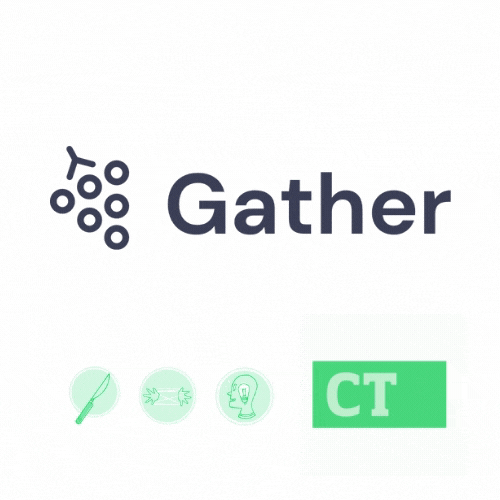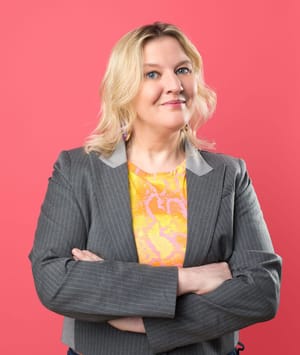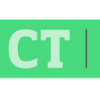In the wild west YouTube days of 2006, before the Google acquisition, before there was any such thing as preroll, before weird deep fakes and computer-produced animation, there was Will It Blend?, one of the first purely digital viral content marketing campaigns.
An odd mixture of a Ron Popeil infomercial and the physics stunts of Mythbusters, Will It Blend? became a catchphrase and a template: put an object in a Blendtec blender, press the button, pulverize, sell blenders to folks who realize that their starter Hamilton Beach from their college days isn’t going to puree either their ginger or their electronics devices.
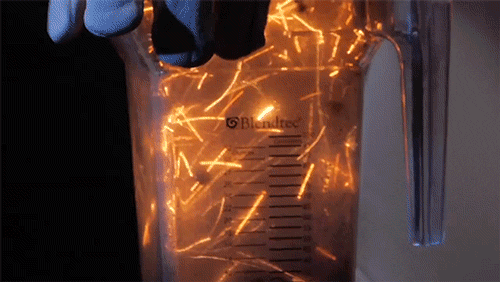
Will It Blend? remains a popular series 14 years later, publishing plenty of videos with real recipes that you can actually blend and drink, but the physics and electronics stunts attract far more viewers. Host Tom Dickson still serves mad scientist vibes. All videos have remained under 2 minutes long, maintaining popularity and format among algorithm changes that prioritized longer videos and cultural preferences that leaned toward younger, cooler stars with more ridiculous, less predictable stunts.
Because the thing about Will It Blend? is that it usually blends. In only a few cases will it not blend. It’s still reliably entertaining to watch the blend, even when we know the outcome.
And I still ask myself, Will it blend? all the time, when I’m not using a blender.
Growing out of the professional doomscroll
Recently I’ve been trying to concoct a new online routine to avoid doom scrolling and keep the ideas flowing, something that’s more socially conscious and professionally fulfilling. All the new B2B communities I’m seeing excite me — but I’m aware of my time and brain limitations. Historically, I know that my ambition leads me to overcommit, which leads to stress. I’m in 15 Slack groups right now and that’s not sustainable.
It feels a little like I’m a freshman in high school, and I have no idea what clubs to join. I’d like to make longer term commitments that reflect my deeper professional interests – practical technology, culture and creativity – while retaining a healthy sense of community.
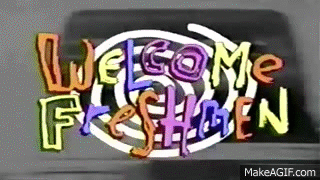
I have existing commitments to other organizations and communities that I want to maintain, but I always want to make space for new thought. I don’t mind paying for communities, but I want them to be worthwhile.
Some factors I consider when I decide whether a new community or technology will blend into my professional life:
- Whatever choices I make with professional interaction online have to translate to the non-pandemic world in a sustainable way.
- During the workday, I actively avoid spaces that intentionally stoke conflict through hyperbole: Twitter, any mainstream news, some local news, some newsletters and magazines, and Twitter. I don't want to be a part of communities that solely focus on amplifying these conflicts and sources.
- As an independent consultant running a business (and not a “side hustle,” you can fuck right off with that), I’m extremely cognizant about my time. I don’t want to spend too much time on activities that do not consistently contribute to my professional well-being and spark joy or ideas.
- I love making connections with other people, but I’m very intentional about collaboration and commitment. I’ve changed so much in the past year, and I’m dealing with more inconsistent energy than I’ve ever had before. Therefore, I’m open to more casual connections and less formal planning until I get a better grip on what I can handle.
- It is my job to be well-informed and reasonably understand “the discourse,” especially when it comes to how big tech ideas apply to real life. It is not my job to control the discourse or respond to everything I disagree with (lots), even when I have more expertise than the discoursers (often).
![Dan Ackroyd on SNL says, "We've got fish here, fast and easy, and ready to pour!" on SNL, then pours a fish milkshake from a blender. [gif]](https://www.content-technologist.com/content/images/2021/02/dan-ackroyd-1.gif)
- Asynchronous, long-term group conversation blends better into my workflow than immediate DM culture.
- Well-rounded communities that have members from many different fields are the most productive, I’ve found.
- A diverse community is table stakes. If I look at community content and see only men or white people involved, I’m going to look elsewhere.
- I’ve never been less interested in a social network than I am in Clubhouse. Too much ego and focus on trading barbs. Also…
- Text spaces > audio spaces. I’m not an audio person unless we’re having a listening party for a rad new record. (I barely listen to podcasts; I will always prefer reading and chat to audio or video in my professional life. Preferences are preferences, and the world is filled with options for all kinds of learners.)
- Book clubs aren’t my thing either. (I know.)
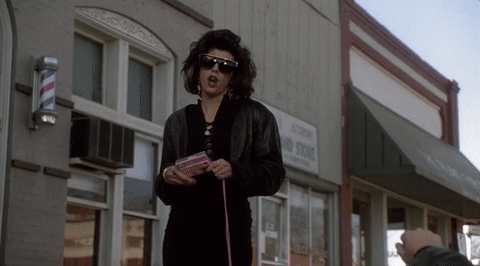
- Niche, closed spaces > mass, open spaces. Groups or lists on mass spaces don’t really work for my avoidance of hyperbole — so I prefer more niche, cultivated spaces. If I have to pass through a mass space (Twitter, LinkedIn) to join a professional community, I’m probably going to avoid that community. As with almost everything, I prefer some kind of web-based home.
- I love supporting others’ professional journeys, but I have no time for spam or complainer communities.
- I have much more time for innovators! And new content! And good ideas! And worthwhile experiences! And gifs! And nerdy jokes!

- But I'm not into “challenges” because see above on my business: don’t ask me to do additional free work to be a part of a community. I do plenty of free work already! It’s called new business development.
- I try not to work in my off hours. Once I’m off, I’m off. I prefer using separate tools for work and for play. (Slack: work; Discord: play.) The line between personal life and professional life is clearly divided and separated, otherwise, well: it won’t blend.
With this laundry list of criteria, you may be thinking, “Well, Deborah, you should just start your own community.” But I’ll leave that up to a more talented, more innovative online connector. In the meantime, I'll be cruising through what's out there now and what's just starting.
We’re at the beginning of community management and development in this decade. The practice and management of online communities will evolve, just as forum communications, social networks, and Slack groups have morphed and changed over time. I don’t think exactly what I’m looking for exists quite yet, but it’s on the horizon.
In the meantime, there will be tentpoles. Will It Blend? was a tentpole for content marketing, a point of reference and a framework for years of content and a model for succeeding on a new platform. There are certainly tentpole communities I’m already part of, on the edge of something new, committed to their unique offerings, that will see it through until the other side of the trend.
I’m not asking for recommendations for communities — but if you have them, I’m open!
Once I find something that blends, well: I’ll keep you posted.
Hand-picked related content

